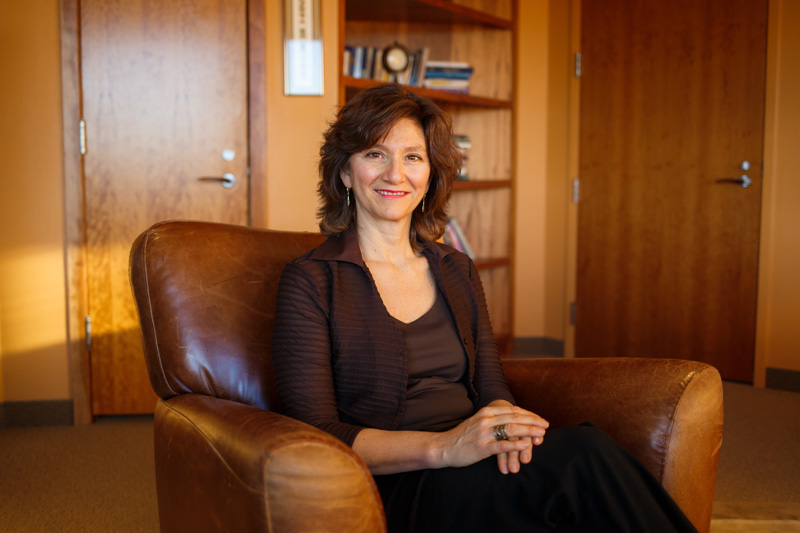This piece was provided by Joyce Fine, PhD, Licensed Clinical Psychologist, Certified Divorce Coach, Collaborative Divorce Facilitator in Denver, CO. Dr Fine specializes in psychotherapy with adults, couples, and families, provides psychological evaluations, and works as a coach with individuals and couples deciding whether or not to divorce or those going through divorce to help them make the best decisions possible for all family members.
A Changing Family
I recently met with a couple who wanted recommendations for how to talk with their two young children about their upcoming separation, ideas about setting up their parenting schedule once they separated, and support in moving forward with their separation.
During our third meeting, the wife, whom I will call Katy (no real names are used herein) was very frustrated. She was ready to separate. Her husband, whom I will call Alex, was not. He had hoped they would be able to work out their marital differences. Alex needed more time to digest the reality that Katy had made up her mind and her decision was set.
Ultimately, they were both attached to their home. It represented the foundation of their family and the emotional stability it had offered them. Neither wanted to let it go in the face of the instability and colossal transition they were about to step into, or to be the one to set up a new place with their children, since they both thought that the children would like a new place less, that the children would be less comfortable in a new place, etc.
Many divorcing moms feel that it is their right as the mother of their children to stay in the marital home and a lot of divorcing dads agree to that precedent. In Alex and Katy’s case, Katy was set on leaving the marriage and Alex did not want her to go. In asking him to leave their home, she was asking him to do something that he felt was completely against his own self-interest while their crumbling marriage was already shattering his identity, his hopes for their family’s future, and taking him in a direction that he deeply did not want to go.
Their options
We processed why Katy felt that Alex ought to be the one to move out. The more we talked about it, and came up with “atypical” options, she was able to understand the benefits of her moving from the home:
- She could set up a place free of their marital disappointments.
- She would be leaving Alex’s imprint behind.
- Moving out might enable her to start a new life more freely and fully.
Alex and Katy came in for their next appointment two weeks later. By then, she had signed a lease for an apartment and was set to move in a few days. While Alex was still heartbroken and angry, he was relieved that the discussion of him moving out was over and that he would be able to stay in their home. Her moving out also appeared to enable him to negotiate future decisions with less agitation and sense of powerlessness.
Often, divorcing parties are driven by fear and anger in ways that obscure their ability to think openly, clearly, and flexibly, and they reach toward “common” ways that they have heard divorces are facilitated. This can keep them entrenched in defensive thinking that interferes with decision-making that is best for them and their family. Working with couples to come to the other side of defensive or frightened thinking is critical to their families’ well-being and opens pathways to collaborative movement forward.
This information is not intended to be a substitute for individualized legal advice. Please consult your legal advisor regarding your specific situation.

Lou Falvo is a Certified Divorce Financial Analyst® and CIMA® (Certified Investment Management Analyst) who assists clients by evaluating the tax and financial aspects of divorce. Lou is dedicated to reducing the burden of each client by thoroughly examining the financial elements of the client’s divorce, with a keen focus on what is in his or her best interests. Contact Lou to find out how he can assist you with your divorce proceedings at lfalvo@crossroadsdivorce.com or (585) 542-2382.

